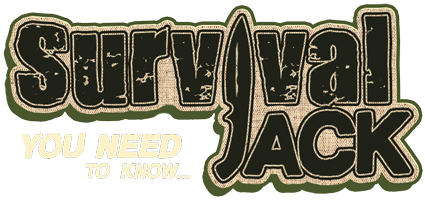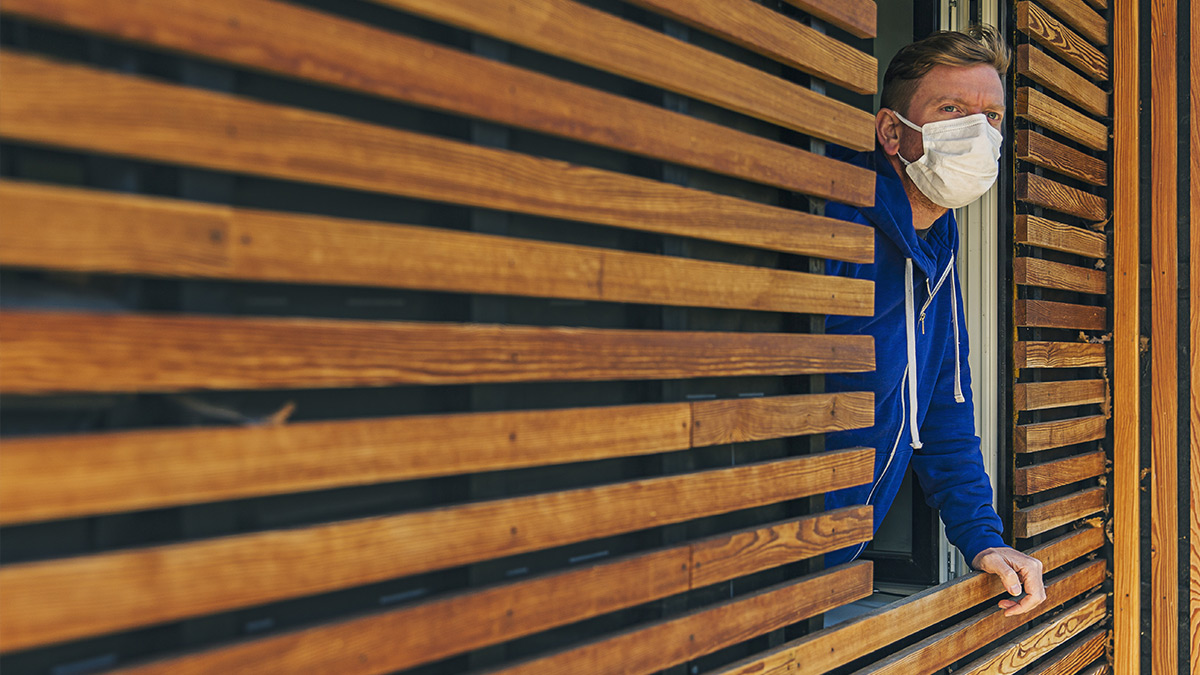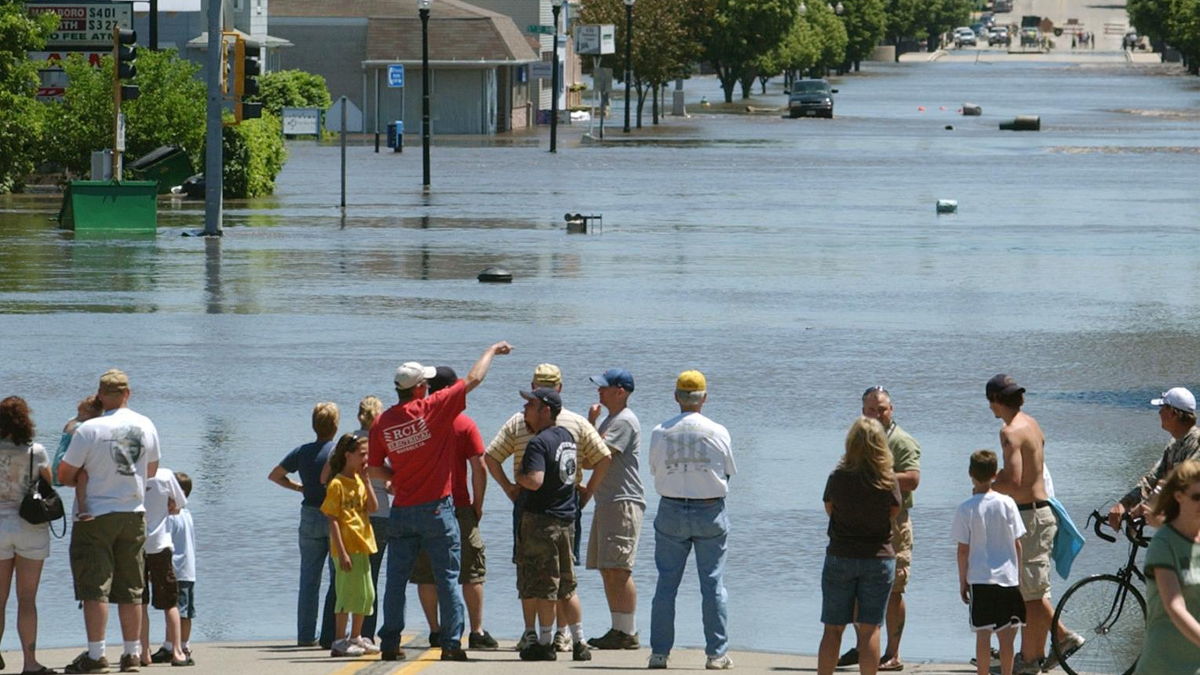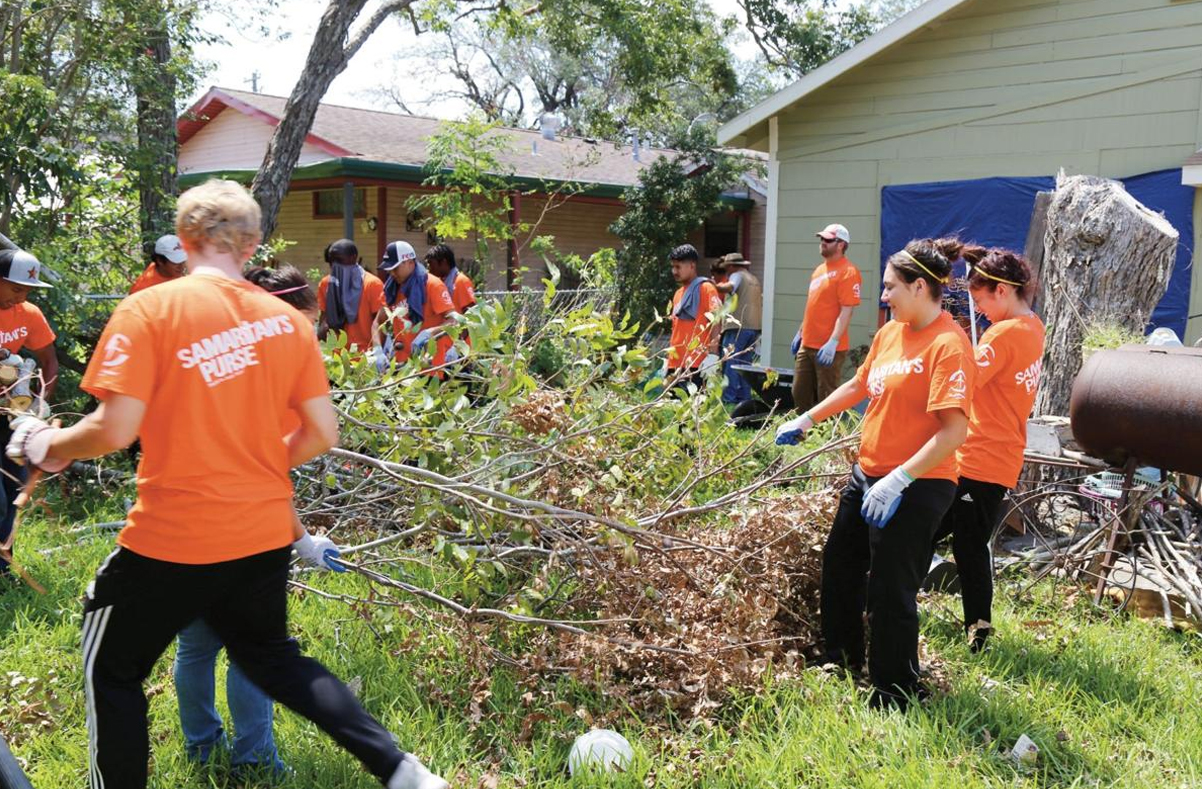on
Isolation isn’t a natural state for many
people. We are, for the most part, social animals. We enjoy each other’s
company. That’s what can make staying at home for extended periods of time
difficult regardless of the reason you are isolated.
“Cabin Fever” is a popular term for a relatively common reaction to being
isolated in a building for a period of time, due most commonly to quarantine or
severe weather.
Symptoms of cabin fever go far beyond feeling bored or “stuck” at home. They’re rooted in an intense feeling of isolation and may include:
- restlessness
- decreased motivation
- irritability
- hopelessness
- difficulty concentrating
- irregular sleep patterns, including sleepiness or sleeplessness
- difficulty waking up
- lethargy
- distrust of people around you
- lack of patience
- persistent sadness or depression
Your personality and temperament affect the way you experience these symptoms. For some people, taking on projects or diving into creative outlets helps them pass the time and ward off the symptoms.
But others may face great difficulty with managing day-to-day life until these feelings pass.
Coping strategies for Cabin Fever
1. Connect with nature:
Fresh air and sunshine can go a long way towards elevating mood. Getting outside is a critical part of mental health, so if the great outdoors isn’t accessible to you for whatever reason, you can still try to bring some of the outdoors inside.

- Open your windows – whenever possible allow the fresh air indoors. Airing out your house also releases built up toxins that have off-gassed from various manmade items in your home.
- House plants – studies have shown that having living green plants in an environment helps to reduce stress.
- Watch nature shows or travelogues on TV especially those that show wide open outdoor spaces.
2. Get moving:
A walk outside is the best, as it allows you to combine nature with exercise. But if you can’t leave your house – you can still exercise. There are many on-line sources if you want to follow an instructor, or you can just turn up the music and dance. Anything that gets your heart pumping and your blood flowing will help reduce feelings of restlessness and improve your overall mood.
3. Maintain a routine:
A lack of routine can cause disruptions in eating, sleeping, and activity. This is true even when you are not isolated.
So to keep a sense of structure when isolated, try to create a daily routine that consists of work or house projects, mealtimes, workout time, and even downtime.
Especially for list-oriented people having an
outline for your day helps you keep track of the trajectory of your hours and
gives you mini “goals” to hit throughout the day.
4. Stay connected:
Maintaining contact with friends and family is important. In this day and age there are so many ways of
doing that, phone, video chat, email etc.
But sometimes a good old-fashioned hand written letter can do you, and
the recipient a world of good. Receiving
mail that isn’t a bill or business solicitation is so rare, that a hand written
letter goes a long way in telling someone that you care about them. Make it a part of your routine to reach out
to friends and family frequently when able.
5. Maintain Normal Eating Patterns.
For many of us, a day stuck at home is an excuse to overindulge in junk food. Others skip meals altogether. However, eating right can increase our energy levels and motivation. You may feel less hungry if you are getting less exercise, but monitor your eating habits to ensure that you maintain the proper balance of nutrition. Limit high-sugar, high-fat snacks and drink plenty of water.
6. Use Your Brain.
Although TV is a distraction, it is also relatively mindless. Work crossword puzzles, read books or play board games. Stimulating your mind can help keep you moving forward and reduce feelings of isolation and helplessness.

7. Carve out some ‘me time’
If you live with others, feelings of cabin fever may be intensified by the nearness of other individuals.
Parents have responsibilities to children; partners have responsibilities to one another. But that doesn’t mean you shouldn’t have any time on your own.
Give yourself time “away” from others to relax. Find a quiet place to read a book, meditate, or pop in some earbuds for an engaging podcast.
What to do if you feel your “cabin fever” getting worse
Cabin fever is often a fleeting feeling. You may feel irritable or frustrated for a few hours, but having a virtual chat with a friend or finding a task to distract your mind may help erase the frustrations or restlesness you felt earlier.
Sometimes, however, the feelings may grow stronger, and no coping mechanisms may be able to successfully help you eliminate your feelings of isolation, sadness, or depression.
What’s more, if your time indoors is prolonged by outside forces, like weather or extended shelter-in-place orders from your local government, feelings of anxiety and fear are valid.
In fact, anxiety may be at the root of some cabin fever symptoms. This may make symptoms worse.
If you feel that your symptoms are getting worse, consider reaching out to a mental health professional who can help you understand what you’re experiencing. Together, you can identify ways to overcome the feelings and anxiety.
Get access to premium content and more!









